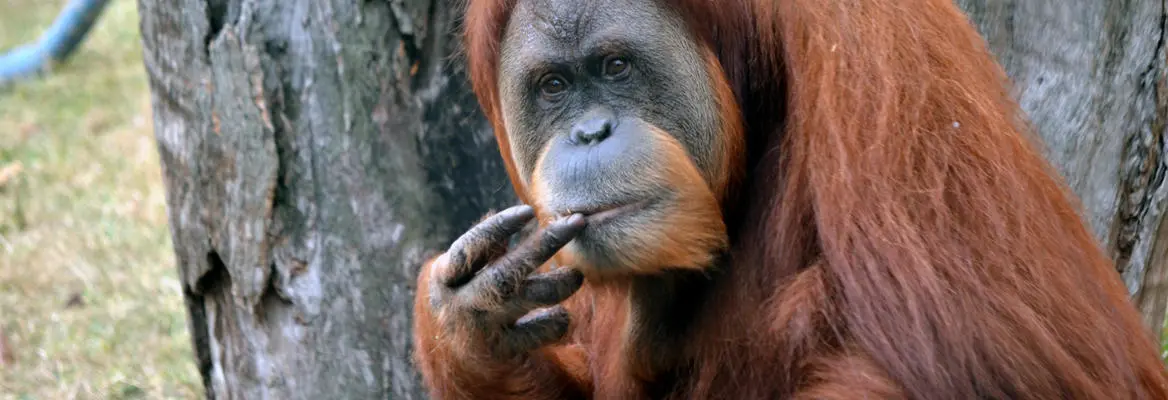We are the radical animal. Animal, because we – our bodies and our minds – are the outcome of evolution, of the struggle to propagate our species, and to defend it against predators and rivals. Radical, because that same evolutionary process has given rise to self-consciousness: this is able to turn experiences into concepts, and then return us to the world with the power to reframe and manipulate reality. We are natural, but we are able to go to the roots of everything, and pull it apart with our will – guided by reason, driven by emotion. So we are also unnatural.
How does this radical animal exist with other members of its species? Generally in a state of fitful tension, caught between two poles. At one pole, we deeply embrace the ties of family, tribe, class, nation, or any other more elective affinity – but in any case, we affirm the sociability that took us out of the savannah, and into our ever-more-complex forms of cohabitation.
The other pole is a permanently flickering awareness: that a line of thought followed far enough, or a form of practice intensified beyond the norm, can sunder and then reweave – or leave dangling – those same ties, for the sake of excitement, or novelty, or even mere curiosity. This can go all ways. The science that isolates the elements of matter, the art which rattles the mammalian perceptions, is the radical animal expressing its nature. But what this releases has danger as well as wonder.
In The Craftsman, the sociologist Richard Sennett asks us to compare Hephaestus to Pandora, as we mull over the unintended consequences of our cognitive and behavioural radicalism. Pandora (and her opened box) is the image of innovation, whether technological or artistic, that escapes the bounds of sociability – following its own giddy processes towards the atomic bomb, the potential destroyer of all possibility.
This implies that such innovators must always be subject to a political or ethical force that is external to them, elders who can monitor and brake these runaway combinations. Left, literally, to their own devices, who knows what disasters would ensue?
Sennett presents an alternative image: the steady labours of Hephaestus, forging by dint of expert craft and diligent effort the palaces of the Greek gods. For Sennett – in something of a tussle with his old teacher, Hannah Arendt – there is a kind of politics, a kernel of the good society, to be found inside the practice of the craftsman (and woman), not requiring the guardianship of wise civic elders.
He suggests that the ancient guild – with its explicit solidarities, its relations between apprentice and master, its careful considerations of the materials it works with – could itself be a kind of commensuration between our social and our radical natures. Sennet claims that an ethos of responsibility organically emerges from the practice and persistence of the guild. Perhaps. But were not Oppenheimer, Einstein and their crew a guild? Did their “craft ethic”, their pushback as atomic scientists, prevent the generals from ordering Hiroshima and Nagasaki?
The radical animal in its radicalism, its power to abstract and conceptualise and act with precision, is not so easily commensurated. One currently fashionable, indeed complacent, attempt to do so – known as behavioural economics, “nudge” thinking, or cognitive-limits research – seems to wilfully ignore the full spectrum, even the empirical history, of our evolved human natures.















Join the conversation